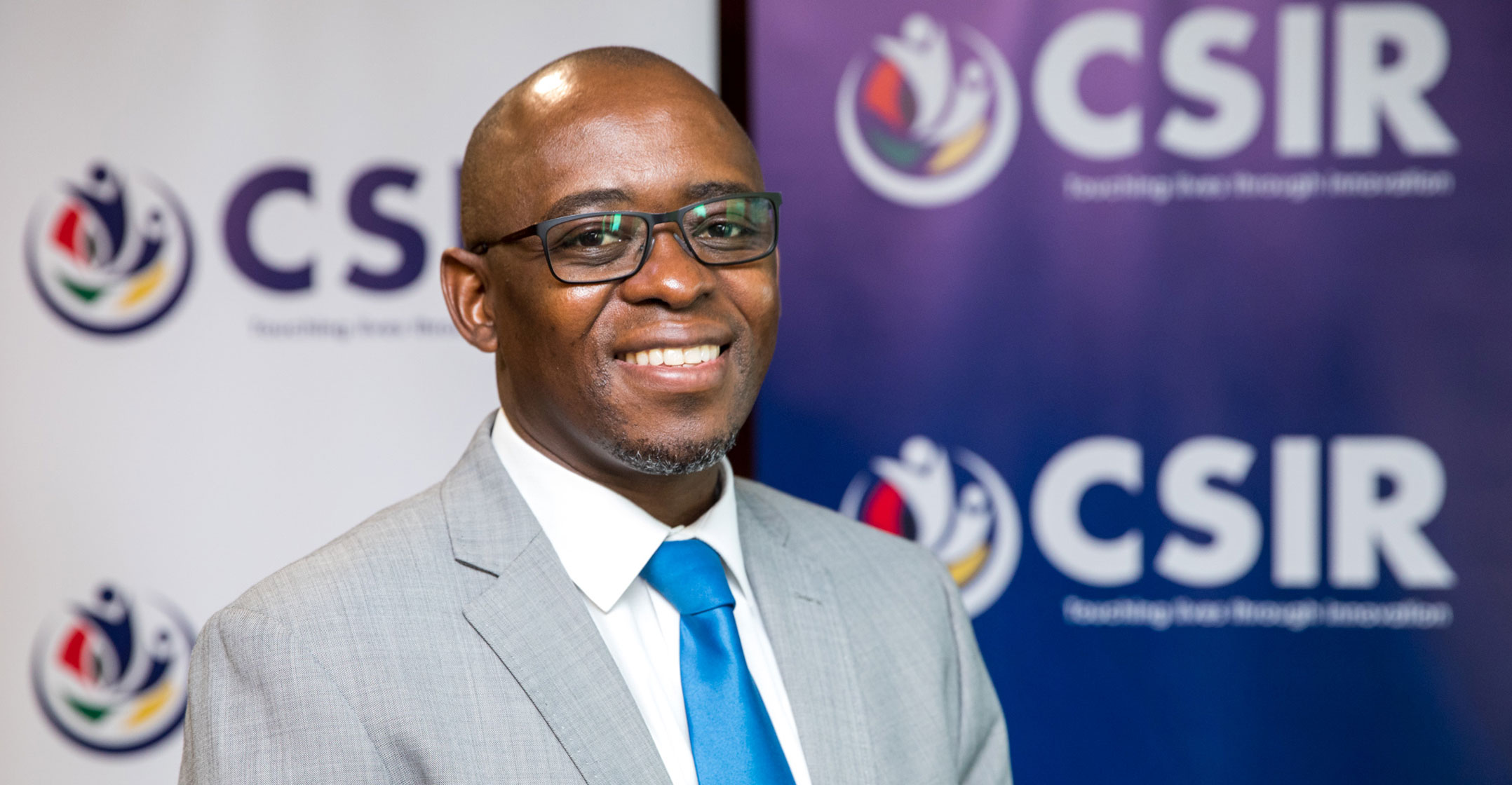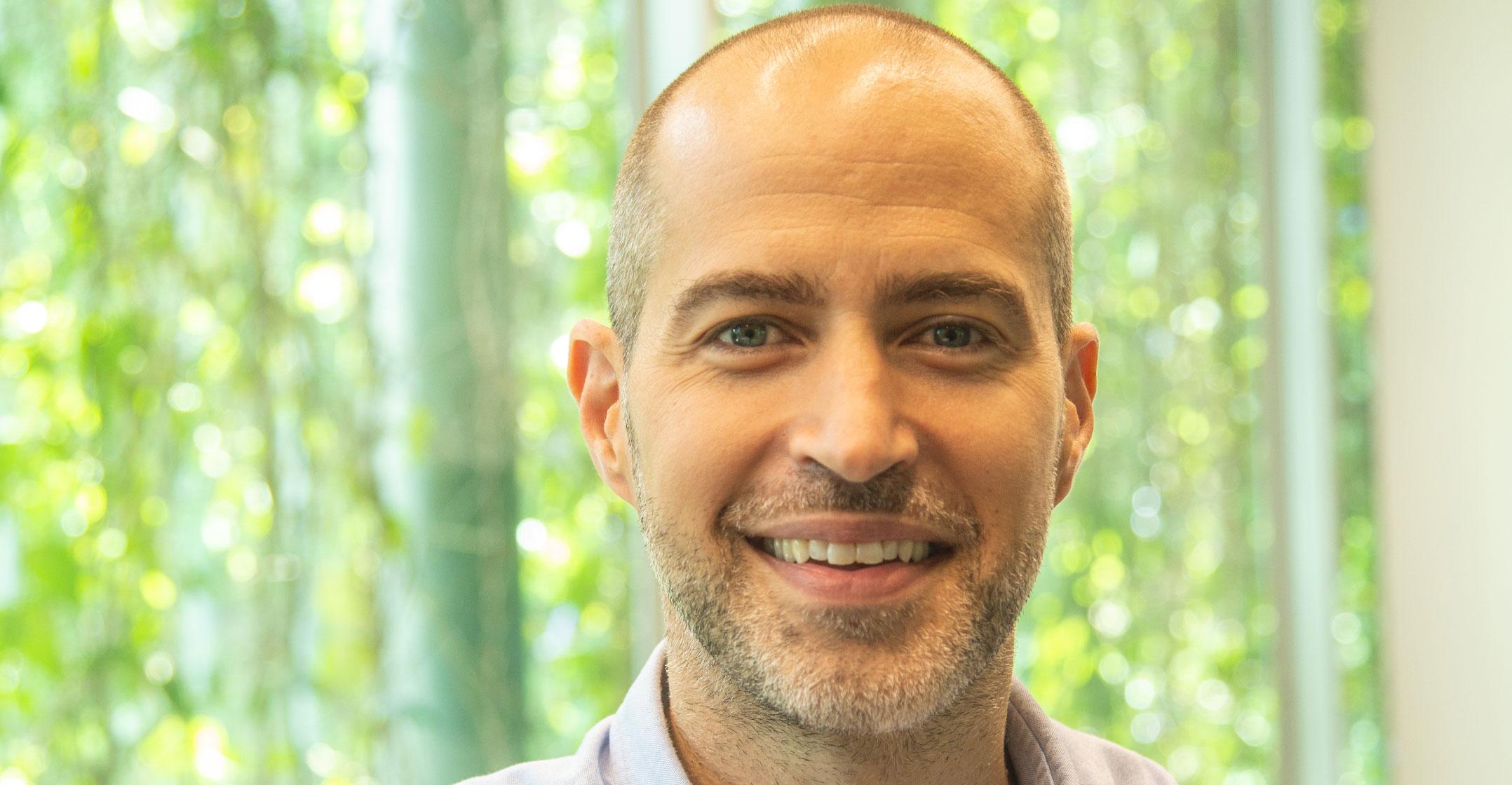
The Council for Scientific and Industrial Research (CSIR), an entity of the department of science & innovation, has signed an agreement with Corporación Ruta N Medellin (C4IR.CO) to unlock the potential of artificial intelligence (AI) and Internet of things (IoT) technologies, and bolster research capacities in Colombia and South Africa.
C4IR.CO is a corporation set up under the laws of Colombia as an operator of the Centre for the Fourth Industrial Revolution of Colombia, arising from an alliance between the Mayor’s Office of Medellín and the National Government of Colombia.
The Memorandum of Understanding (MoU), which was signed on 16 February by CSIR CEO Thulani Dlamini and Columbia C4IR CEO Agostinho Joao Ramalho de Almeida, paves the way for the promotion of knowledge and sharing of expertise in the area of scientific research and technology, with a strong focus on 4IR technologies.
The virtual event was attended by the minister of commerce, trade & industry of Columbia, José Manuel Restrepo; the ambassador of Colombia in South Africa; CSIR board chair Thokozani Majozi; and science & innovation deputy director-general: international cooperation and resources, Daan du Toit.
The two organisations have agreed to collaborate in the areas of AI, distributed ledger technologies and IoT. The new coalition will call for the promotion of multi-stakeholder partnerships to facilitate technical training in response to the demand for new skills; the transfer of new technologies; and leveraging investment on required infrastructure for digital transformation.
WEF network
In terms of the agreement, C4IR.CO will, as part of the World Economic Forum (WEF) network of Centres for the Fourth Industrial Revolution, work closely with the South African C4IR, which is also an affiliate of the WEF network, to develop frameworks and guidelines on new-age technology to leverage digital growth opportunities across its global network. The C4IR SA, hosted at the CSIR, provides a platform for stakeholders in South Africa to work together on the evolution of new technologies.
The agreement also supports the CSIR strategy, which aims to foster innovation and industrial development by collaborating with the public and private sectors to develop technologies that address the needs of industry, in order to improve the quality of life of South Africans.
Dlamini welcomed the partnership, saying: “We are delighted about this strategic partnership with a partner such as C4IR.CO. We look forward to sharing our expertise and to advancing the responsible deployment of 4IR technologies for improved competitiveness and inclusion.”

“Tackling common challenges by the use of data, technology adoption and technology governance is one of the main goals of the global network of Centres for the Fourth Industrial Revolution of the World Economic Forum. Aiming at agile international cooperation, this agreement between Colombia and South Africa represents an opportunity to develop joint projects on topics such as government transparency or the ethical and just use of artificial intelligence,” said De Almeida.
The implementation of the collaboration will be facilitated through a joint working group, whose duties will be to oversee the relationship between the organisations, including identifying programmes; developing action plans to implement and monitor the programmes; and implementing programmes in conformity with jointly agreed guidelines.
About the CSIR
The CSIR, an entity of the ministry of higher education, science & innovation, is one of the leading scientific and technology research, development and implementation organisations in Africa. Constituted by an act of parliament in 1945 as a science council, the CSIR undertakes directed and multidisciplinary research and technological innovation, as well as industrial and scientific development to improve the quality of life of all South Africans. For more information, visit www.csir.co.za. Or follow the CSIR on Twitter, Facebook, Instagram, LinkedIn or YouTube.
- This promoted content was paid for by the party concerned




